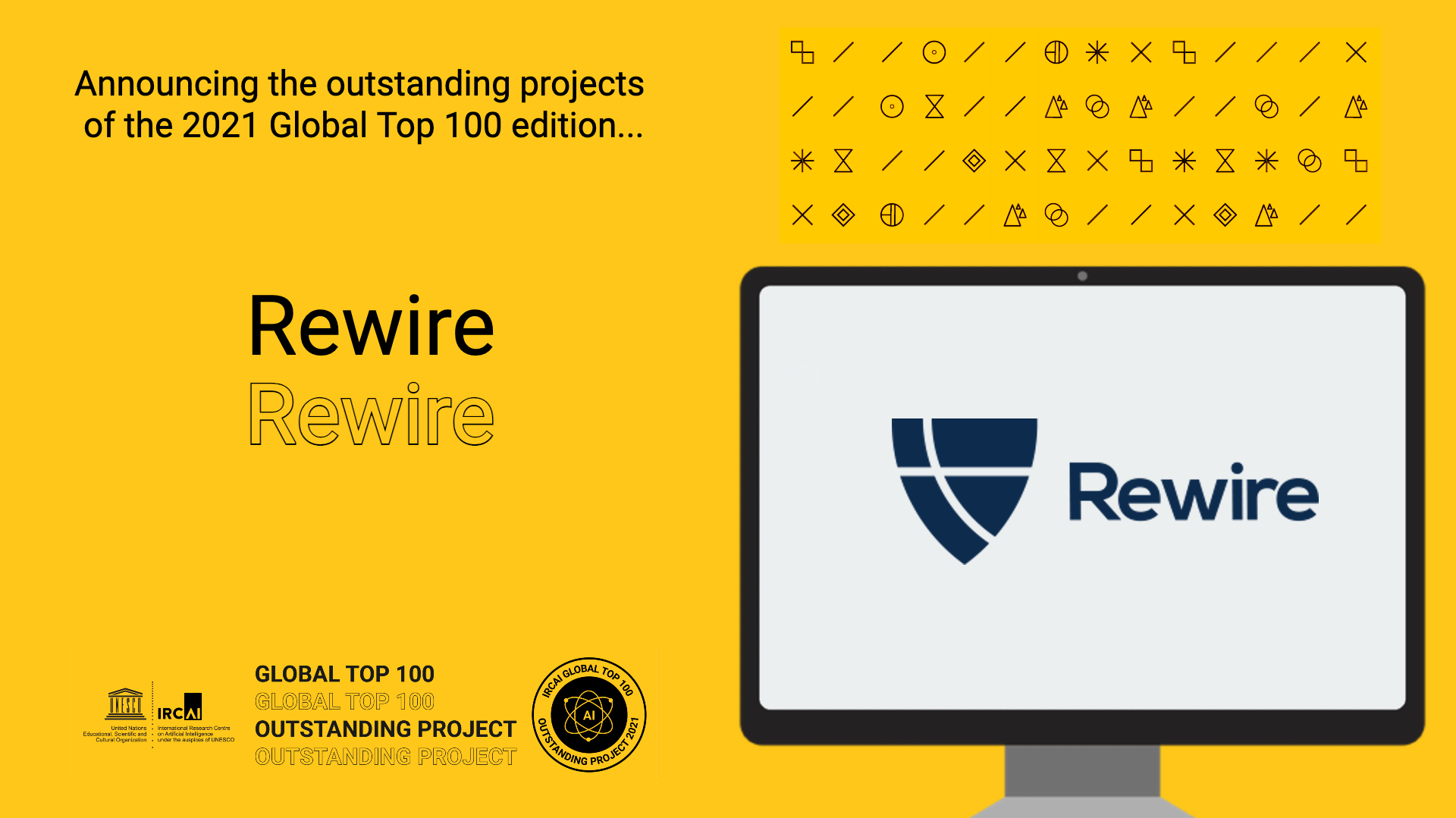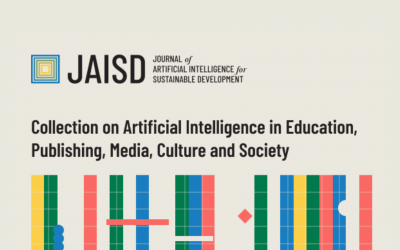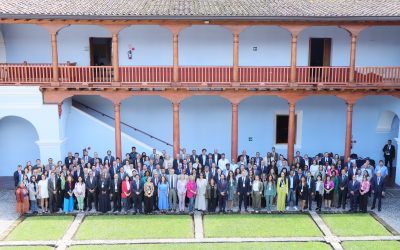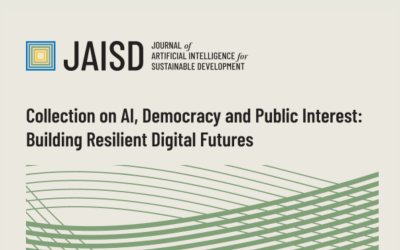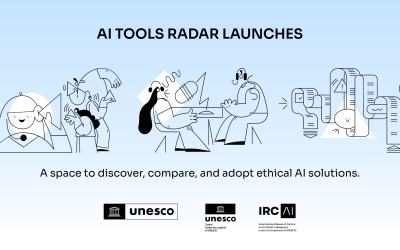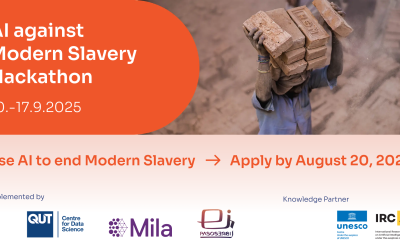Online platforms have repeatedly committed themselves to addressing online hate speech and harassment. Yet, hateful comments – often aimed at specific identity groups – are still widely found on various platforms. Rewire aims to wipe out this toxic content from the online world by developing an NLP-based AI tool that automatically detects if the given content qualifies as hate. By enabling online platforms to run responsibly and striving to tackle (children) abuse, Rewire’s product addresses both SDG9 (Industry, Innovation, and Infrastructure) and SDG target 16.2 (‘End abuse, exploitation, trafficking and all forms of violence against and torture of children). Moreover, given that women are disproportionately exposed to online abuse (The EIU, 2021), the project also supports SDG5.
As announced in the previous few articles, the IRCAI Scientific Program Committees and the IRCAI Scientific Journal Editorial Board have completed their review of the Global Top 100 project submissions. 10 solutions were deemed “outstanding projects” based on their centrality of AI, the potential impact on relevant SDG(s), demonstration of potential in completed work (either proof of concept or completed research paper), and ethical design. The aim of this article is to introduce the project to relevant stakeholders and the broader public and to make the voices of Rewire heard on the world stage.
For many online users (including children), hate speech or online harassment is an everyday sight. Hate speech is often motivated by identity – be it race, religion, ethnic origin, sexual orientation, disability, or gender. In spite of repeated promises of online platforms to address this issue, it continues to challenge various stakeholders: Users experience harm to their mental health, communities are disrupted, brands face reputational damage, governments fail in their duty to keep citizens safe online and the online platforms themselves face legal issues. One of the reasons they face legal issues is that a lot of the online content is monitored and manually filtered by human reviewers who are exposed to harmful content on a daily basis by simply doing their job.
Striving to eradicate the toxic content from our online environment, Rewire is developing AI tools that automatically detect whether online content contains hate. The team leverages a “human-and-model-in-the-loop approach to training AI”. The tool works with Natural Language Processing (NLP): Users of Rewire feed their text to the software, which then gives back scores showing whether the content is hateful. Although AI can “manifest biased outcomes, inaccurate results and can only do limited coverage”, it offers an opportunity for unprecedentedly scalable deployment of hate monitoring, whereby the results are consistent – and given in real-time.
Rewire’s main clients are various online platforms that rely on user-generated content, including social media, video sharing, dating, and forum sites. By making use of Rewire’s tool, online platforms can consider “online safety as part of their value proposition to their users, rather than just a question of compliance”, as noted by one of the three co-founders. Although Rewire is barely half a year old, its product has already gained substantial traction: Its research has already won a series of grants and featured in various top conferences and media reports. Currently, the AI has only been developed for English language content but will soon also work for French, German, Spanish, and Italian content.
For more questions about the product, feel free to contact Rewire via email, social media, or their website:
Rewire Website
